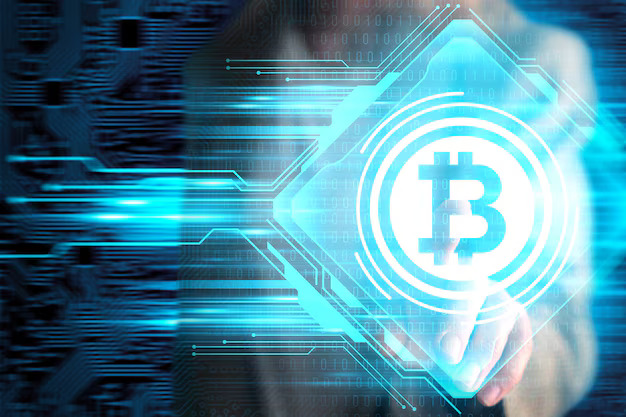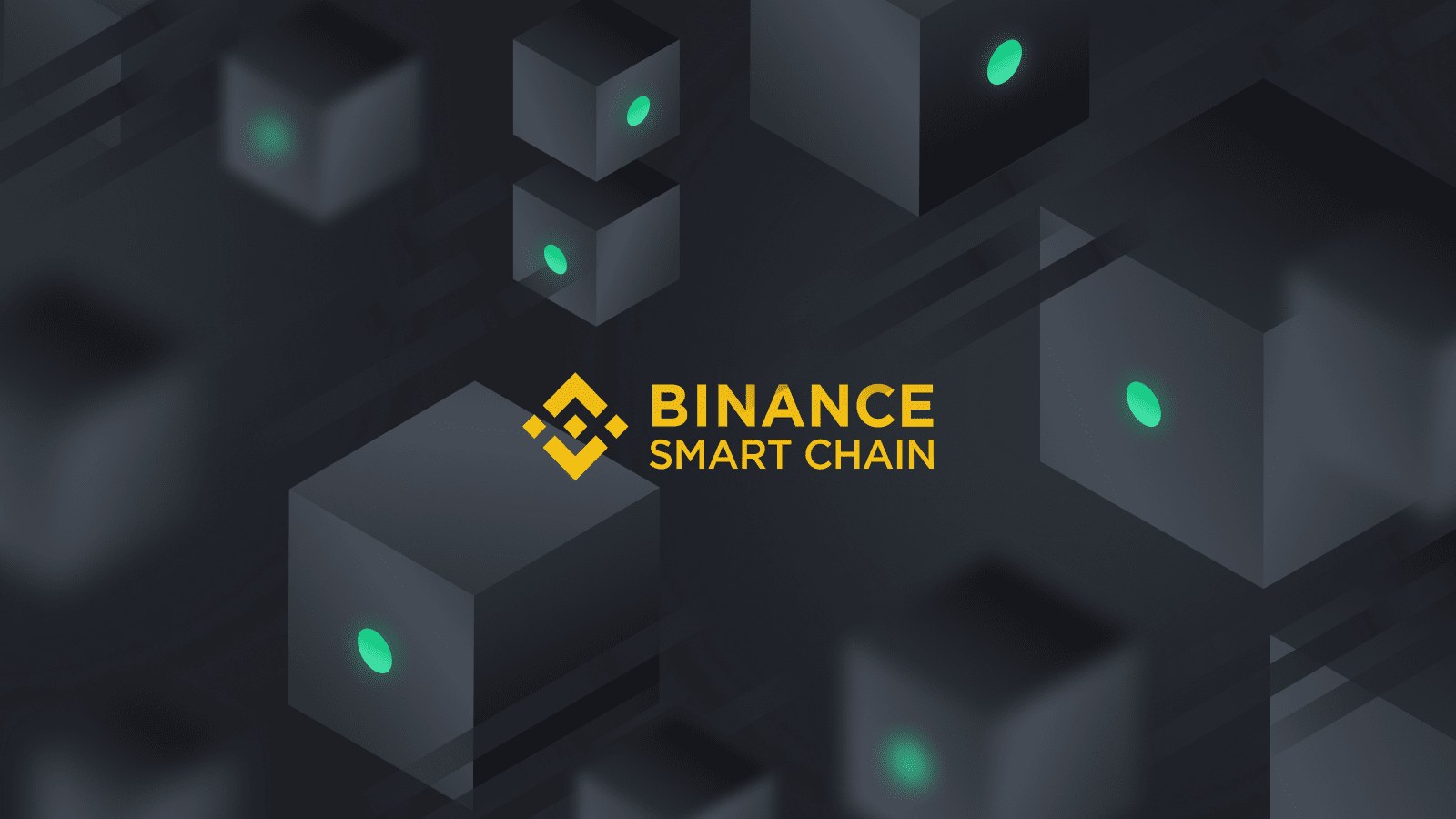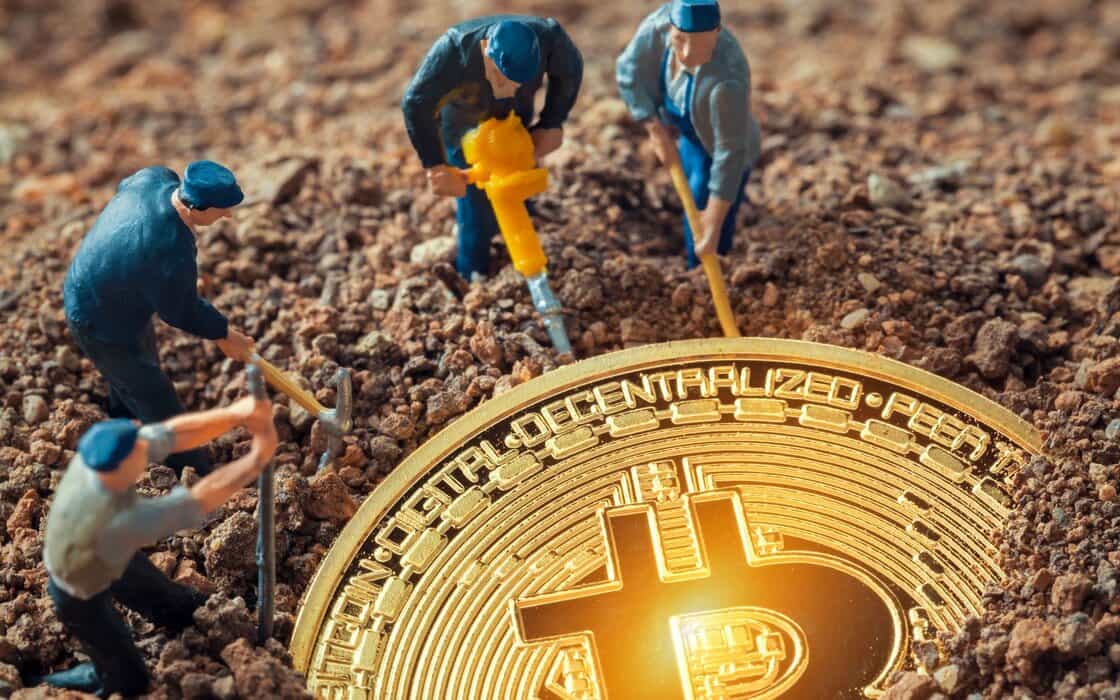First Board Game with Blockchain Technology – World challenge game – blockchain game

In a rapidly evolving digital age, the realm of entertainment has witnessed an unprecedented shift towards virtual experiences. While the allure of online games is undeniable, there is a certain nostalgic charm associated with traditional board games. These time-honored recreations have brought friends and families together for centuries, fostering social interactions and creating memories that last a lifetime.
However, with the advent of cutting-edge technologies, the world of board games is undergoing a profound transformation. Enter blockchain technology, the revolutionary concept that is poised to revolutionize the way we play and experience tabletop games. By incorporating blockchain into the design and mechanics of board games, developers are paving the way for an entirely new and immersive gaming experience.
Imagine a world where board games are not mere static objects, but living ecosystems that can adapt and evolve based on the players’ actions. Blockchain technology offers the potential for games to create dynamic narratives, intricate decision-making processes, and complex player interactions that were once unimaginable. Gone are the days when players were confined to predetermined paths and limited options – blockchain opens up a myriad of possibilities that challenge traditional game design principles.
Through the implementation of smart contracts, players can now engage in secure and transparent transactions within the game environment. This eliminates the need for a central authority, ensuring fairness and integrity in gameplay. Additionally, the utilization of blockchain technology enables the creation of unique in-game assets and collectibles, fostering a sense of ownership and value for players in a digital domain.
With its immutable and decentralized nature, blockchain technology also addresses the issue of piracy and counterfeiting that has plagued the gaming industry. By leveraging this technology, game developers can protect their intellectual property rights, as well as guarantee the authenticity of game components. This enhances the overall gaming experience, instilling confidence and trust among players.
As we embark on a new era of tabletop gaming, the integration of blockchain technology holds immense potential to revitalize and redefine the very essence of board games. By empowering players with unprecedented control, immersing them in dynamic narratives, and ensuring fairness and authenticity, blockchain technology is poised to unleash a new wave of innovation in this cherished realm of entertainment.
How Blockchain is Transforming the World of Tabletop Gaming blockchain game
The world of tabletop gaming is undergoing a significant transformation as blockchain technology continues to gain traction. This decentralized and transparent technology is revolutionizing the way board games are played, experienced, and shared. By integrating the principles of blockchain, tabletop games are seeing enhanced player interactions, increased security and trust, and unique opportunities for ownership and monetization. This article explores how the game-playing landscape is being reshaped through the integration of blockchain technology.
The Power of Enhanced Player Interactions
Blockchain technology fosters a new level of player interactions within board games. Blockchain-powered games enable players to engage in peer-to-peer transactions, collaborations, and competitions, removing the need for a centralized authority. With smart contracts, players can create complex game rules and enforce them automatically. This not only enhances the gameplay experience but also empowers players to contribute to the evolution of games themselves through democratic decision-making processes. Blockchain technology is democratizing the tabletop gaming experience, making it more inclusive and engaging for players.
Security, Trust, and Ownership in Board Games
Blockchain technology provides unparalleled security and trust in the world of tabletop gaming. By leveraging blockchain’s decentralized nature and cryptographic algorithms, game data, such as player achievements, virtual assets, and ownership records, can be stored securely and immutably. This eliminates instances of cheating, fraud, or disputes over ownership. Additionally, blockchain-enabled ownership models allow players to truly own their virtual assets, giving them the freedom to transfer, sell, or trade their in-game items outside of the game ecosystem. This newfound ownership and control transform board games into a more immersive and meaningful experience.
In conclusion, blockchain technology is revolutionizing the landscape of tabletop gaming, bringing about enhanced player interactions, increased security and trust, and new opportunities for ownership and monetization. By leveraging the power of blockchain, the world of board games is evolving into a more inclusive, democratic, and immersive environment for players to enjoy.
The Benefits of Integrating Blockchain into Tabletop Gaming world challenge game
When considering the integration of blockchain technology into the world of tabletop gaming, a multitude of advantages and opportunities arise. Leveraging the power of blockchain can enhance the gaming experience, foster trust among players, and revolutionize the way games are created, played, and maintained.
One notable benefit of incorporating blockchain into board games is the potential for increased transparency and fairness. By utilizing the immutability and decentralization of blockchain, game outcomes can be securely recorded and verified, preventing cheating and ensuring a level playing field for all participants.
In addition, the integration of blockchain can enable the creation of unique digital assets within board games. These assets, represented as non-fungible tokens (NFTs), can provide players with ownership and control over their in-game items, allowing for trading, selling, and transferring of assets outside of the game environment. This introduces a new dimension to the gaming experience and opens up economic opportunities for players.
Another advantage of incorporating blockchain technology into board games is the potential for community-driven governance. Blockchain-based games can empower players to have a say in the development and evolution of the game. Through decentralized decision-making mechanisms, such as voting or consensus mechanisms, players can contribute to the game’s direction, rules, and updates, creating a more inclusive and engaging gaming experience.
| Benefits of Integrating Blockchain into Board Games |
|---|
| Increased transparency and fairness |
| Creation of unique digital assets |
| Community-driven governance |
Exploring the Potential of Blockchain-powered Game Mechanics cryptocurrencies
In this section, we will delve into the untapped possibilities presented by the integration of blockchain technology into game mechanics. By leveraging the decentralized nature of blockchain, game developers have the opportunity to create immersive and secure gaming experiences that challenge traditional notions of game design.
One of the key benefits of implementing blockchain-powered game mechanics is the ability to foster true ownership and scarcity within the virtual game world. With the use of non-fungible tokens (NFTs), players can have complete control over their in-game assets, ensuring that they hold a unique and provable digital representation of their virtual property. This opens up new possibilities for trading, collecting, and even lending in-game items, adding a layer of authenticity and value that was previously absent.
Additionally, blockchain-powered game mechanics enable the implementation of decentralized autonomous organizations (DAOs) within games. DAOs allow players to participate in the decision-making process regarding the development, rules, and governance of the game. By incorporating player input through voting mechanisms, game developers can create a truly democratic and collaborative gaming ecosystem, where the community has a stake in shaping the future of the game.
Furthermore, the transparent and auditable nature of blockchain technology brings enhanced fairness to online gaming. By utilizing smart contracts, gameplay mechanics can be programmed to operate autonomously and securely, ensuring a level playing field for all participants. This eliminates the need for centralized intermediaries, such as game operators, to oversee the fairness of gameplay, as the blockchain acts as an immutable and transparent record of all in-game transactions and interactions.
The integration of blockchain technology also offers the potential for cross-game interoperability and true player ownership across multiple gaming platforms. Through the use of blockchain-based protocols and standards, players can seamlessly transfer their in-game assets and progress between different games, creating a unified gaming experience that transcends individual game boundaries.
| Key Points |
|---|
| Blockchain-powered game mechanics enable true ownership and scarcity in virtual game worlds through non-fungible tokens (NFTs). |
| Decentralized autonomous organizations (DAOs) empower players to participate in the decision-making process of game development and governance. |
| Blockchain technology brings enhanced fairness to online gaming through transparent and auditable smart contracts. |
| Interoperability and true player ownership can be achieved by leveraging blockchain-based protocols and standards. |
Enhancing Trust and Transparency in Board Game Transactions with Blockchain
Ensuring trust and transparency in board game transactions has always been a challenge. Players often face issues such as counterfeit products, fraudulent transactions, and disputes over ownership. Blockchain technology presents a solution to these problems by providing a decentralized and immutable ledger that records every board game transaction securely and transparently.
One of the key advantages of using blockchain technology in board game transactions is the enhanced trust it brings to the table. By leveraging blockchain’s decentralized nature, players can verify the authenticity of board games and the integrity of the transaction history. This eliminates the need for intermediaries and minimizes the risk of fraud or counterfeiting.
Additionally, blockchain technology improves transparency in board game transactions. Every transaction recorded on the blockchain is time-stamped and available for public viewing, ensuring that all participants have access to an unalterable record of ownership and transfer. This transparency promotes fair play and reduces the likelihood of disputes arising from unclear ownership or transaction history.
A notable feature of blockchain technology is smart contracts, which can be utilized in board game transactions to automate and enforce rules and agreements. Smart contracts are self-executing contracts with the terms of the agreement directly written into code. By embedding the rules of a board game into a smart contract, players can ensure that all actions and transactions are executed according to the agreed-upon rules, minimizing the potential for disputes or misunderstandings.
Furthermore, blockchain technology facilitates the creation of a peer-to-peer marketplace for board games. Through decentralized platforms powered by blockchain, players can directly buy, sell, and trade board games with one another, eliminating the reliance on centralized platforms and offering a more efficient and cost-effective way to transact.
| Enhancing Trust and Transparency in Board Game Transactions with Blockchain |
|---|
| Advantages |
| – Enhanced trust through decentralized verification |
| – Increased transparency through public viewing of transaction records |
| – Automation and enforcement of rules through smart contracts |
| – Creation of a peer-to-peer marketplace for board games |
The Role of Smart Contracts in Transforming Board Game Rules and Mechanics future of blockchain
In the context of revolutionizing traditional board games, smart contracts play a pivotal role in transforming the way board game rules and mechanics function. By harnessing the power of blockchain technology, smart contracts introduce a new level of transparency, automation, and decentralization, revolutionizing the gaming experience.
Enhanced Transparency and Fairness
One of the key benefits of utilizing smart contracts in board games is the enhanced transparency they bring to the table. Traditional board games often rely on manual enforcement of rules and a central authority to oversee gameplay. However, with the integration of smart contracts, all rules and actions within the game are executed automatically and immutably on the blockchain. This removes the potential for human error or bias, ensuring a fair and transparent gaming environment for all players involved.
Automation of Game Mechanics
Smart contracts also enable the automation of intricate game mechanics, simplifying the gameplay process for users. Game rules and mechanics can be encoded directly into the smart contracts, allowing for automatic execution of actions, such as determining movement, calculating scores, or resolving conflicts. This eliminates the need for players to keep track of complex rules and calculations manually, streamlining the gaming experience and reducing the chances of misunderstandings or disputes.
Furthermore, the use of smart contracts opens up the possibility of introducing dynamic and evolving game mechanics. With the ability to update smart contracts, game designers can easily introduce new features, balance gameplay elements, or even create expansion packs, keeping the gaming experience fresh and engaging for players.
Overall, the role of smart contracts lies in revolutionizing board game rules and mechanics by introducing transparency, automation, and adaptability. As blockchain technology continues to evolve, the potential for further innovation in board gaming through smart contracts is vast, promising a future where traditional board games are transformed into immersive, decentralized experiences.
How Blockchain Empowers Decentralized and Worldwide Communities of Tabletop Gaming
As the advancements in technology continue to reshape various industries, the world of traditional tabletop gaming is also embracing innovation. Blockchain, a decentralized and transparent technology, is playing a major role in enabling the growth of global communities centered around board games. By leveraging blockchain technology, these communities are able to overcome geographical boundaries, establish trust, and facilitate secure and efficient interactions.
1. Breaking Geographical Barriers
Blockchain technology allows board game enthusiasts from different parts of the world to connect and interact with each other seamlessly. Through decentralized platforms powered by blockchain, individuals can participate in global communities, forming connections and exchanging ideas related to their favorite tabletop games. Geographical boundaries are no longer a limitation, as blockchain fosters the creation of a global network of players passionate about board games.
2. Establishing Trust and Security
One of the key concerns in online gaming communities is the issue of trust. With blockchain, trust is established through the immutability and transparency of the technology. Smart contracts, which are self-executing agreements recorded on the blockchain, ensure fair gameplay and secure transactions. By eliminating the need for intermediaries, blockchain technology minimizes the risk of fraud or manipulation, making the gaming experience more reliable and secure.
Blockchain also enables the creation of decentralized marketplaces where board game collectors can buy, sell, and trade their valuable pieces. These marketplaces provide a secure environment for transactions, protecting both the buyers and sellers from fraudulent activities bitcoin.
Furthermore, blockchain-based ownership records ensure the authenticity and provenance of limited edition board games or rare collectibles. This aspect adds value and credibility to the gaming community, as collectors can verify the history and ownership of their valuable items.
Overall, blockchain technology is revolutionizing the tabletop gaming industry by enabling decentralized and global communities. It breaks down geographical barriers, fosters trust and security, and provides a transparent and efficient environment for gamers to connect, interact, and engage in their shared passion for board games crypto.
Q&A: First board game with blockchain technology
What are some top blockchain games currently available?
Some top blockchain games include Cryptokitties, Axie Infinity, Decentraland, The Sandbox, Gods Unchained, and Splinterlands.
How does blockchain technology impact the future of gaming?
Blockchain technology has the potential to revolutionize the gaming industry by enabling true ownership of in-game assets, facilitating play-to-earn models, enhancing transparency and security, and creating new economic opportunities for players and developers alike ethereum.
What is the essence of a blockchain board game?
The essence of a blockchain board game lies in its utilization of blockchain technology to provide players with immutable ownership of digital assets, transparent gameplay mechanics, and opportunities to earn rewards through in-game activities.
How do play-to-earn games leverage blockchain technology?
Play-to-earn games leverage blockchain technology by enabling players to earn cryptocurrency or other digital assets through their in-game actions, such as completing quests, winning battles, or trading virtual items on decentralized marketplaces web3.
What role does the metaverse play in blockchain gaming?
The metaverse serves as a virtual world or interconnected network of digital environments where blockchain gaming experiences can unfold, offering players immersive and persistent gaming universes with shared economies nft and social interactions.
How do blockchain-based games differ from traditional games?
Blockchain-based games differ from traditional games in that they incorporate blockchain technology to provide players with true ownership of in-game assets, transparent and auditable gameplay mechanics, and opportunities for decentralized governance and community participation.
What advantages do blockchain games offer over traditional games?
Blockchain games offer advantages over traditional games such as true ownership of in-game assets, interoperability between different gaming platforms, transparent and secure transactions, play-to-earn mechanics, and decentralized governance models.
What is the significance of integrating a mobile app into blockchain gaming?
Integrating a mobile app into blockchain gaming enhances accessibility and convenience for players, allowing them to engage with blockchain-based games on their smartphones or tablets anytime and anywhere.
How do blockchain games create opportunities for player interaction and engagement?
Blockchain games create opportunities for player interaction and engagement by fostering vibrant communities, enabling peer-to-peer trading of in-game assets, facilitating collaborative gameplay mechanics, and providing avenues for socializing and networking within virtual worlds.
What impact has blockchain had on the development and distribution of digital currencies within gaming ecosystems?
Blockchain has had a significant impact on the development and distribution of digital currencies within gaming ecosystems by introducing decentralized and transparent methods for creating, managing, and exchanging in-game currencies, thereby empowering players and developers to participate in more equitable and efficient gaming economies.


